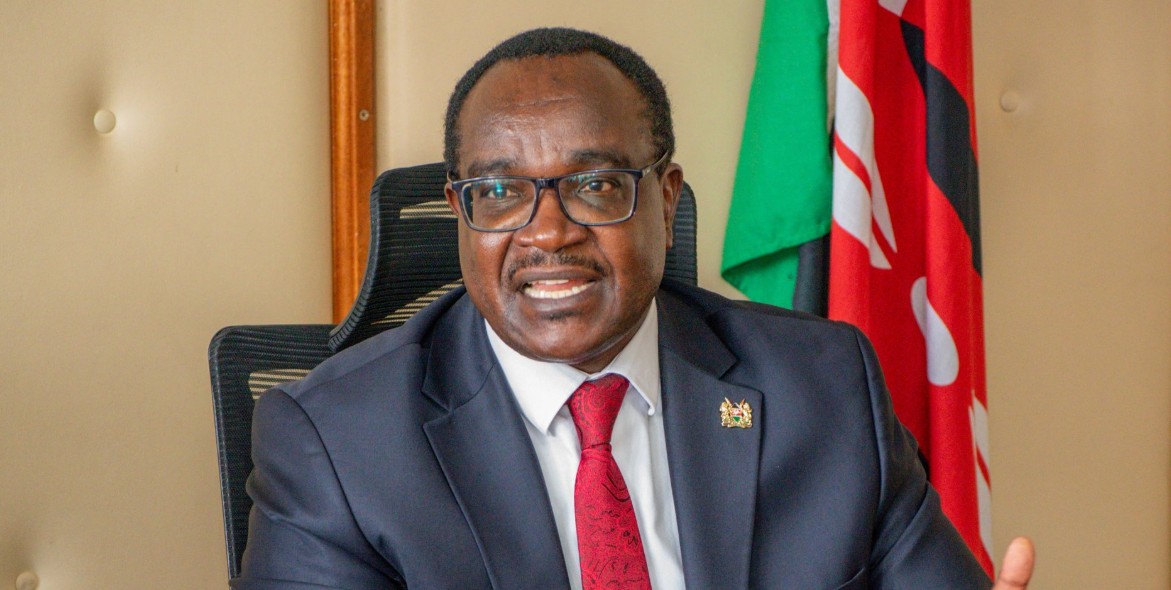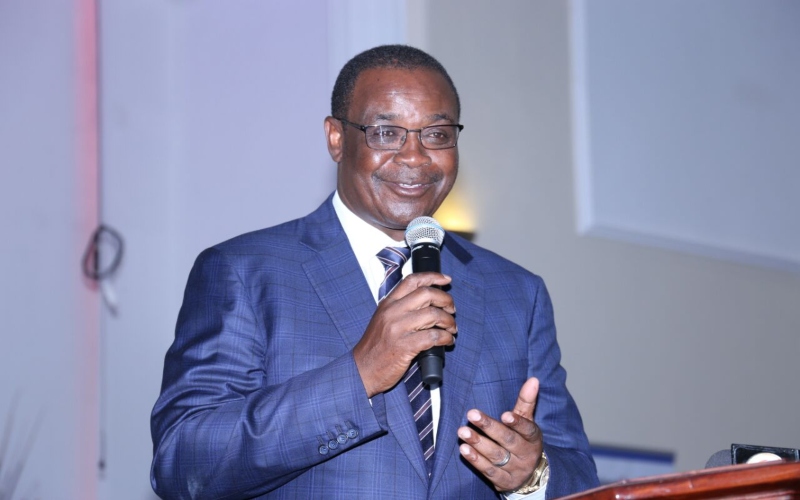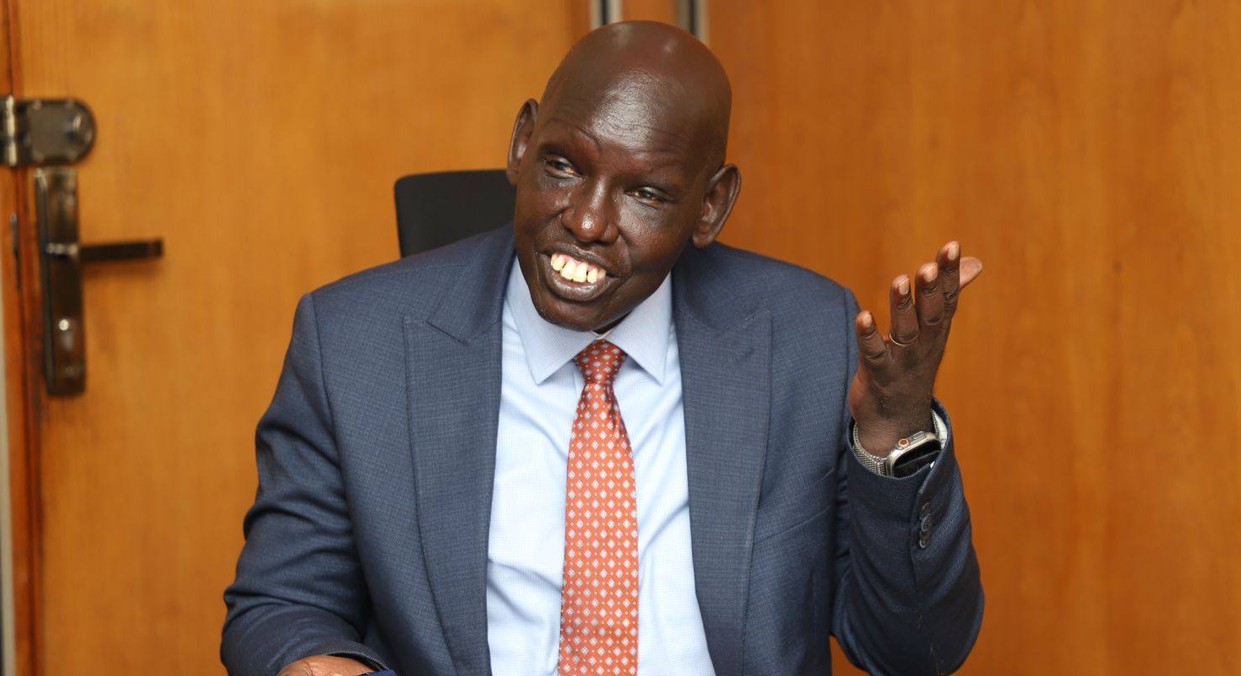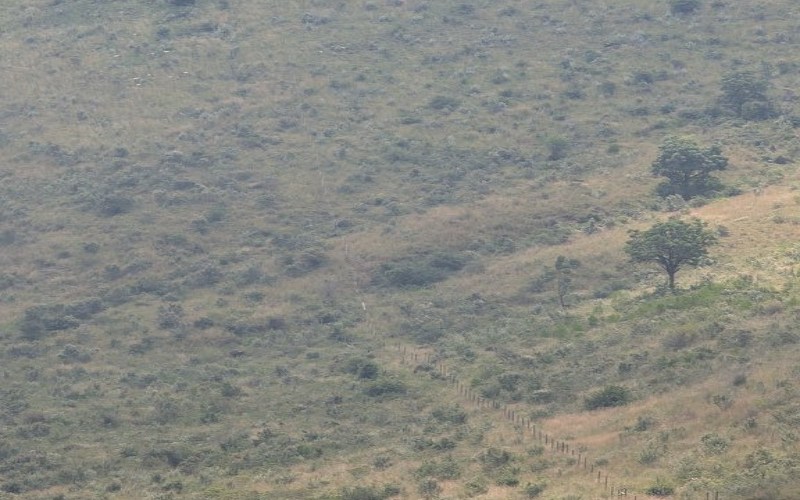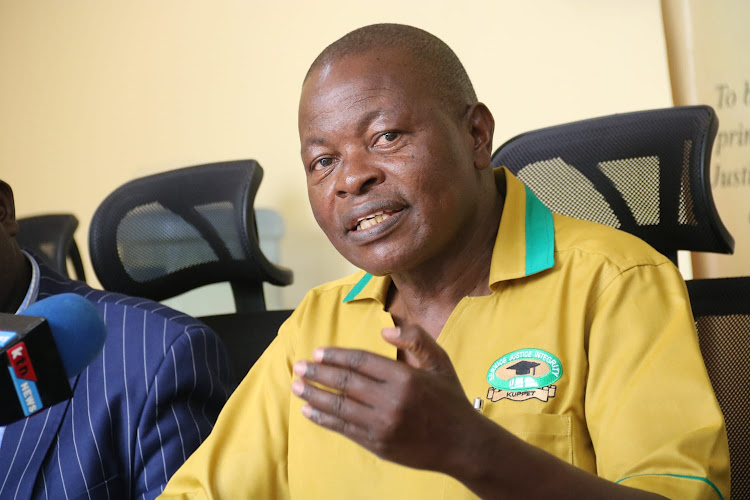African Climate Group slams US withdrawal from Paris Agreement, calls for continued multilateral efforts

In his first 24 hours in office, Trump repealed the United States' participation in the Paris Agreement for the second time.
The African Group of Negotiators on Climate Change (AGN) has expressed its disappointment over the United States' decision to withdraw from the Paris Agreement and its promotion of the development of fossil fuels.
In a statement released on Tuesday, AGN Chairperson Ali Mohamed described the move as a "direct threat to global efforts" to combat climate change and safeguard the planet, particularly for vulnerable nations in Africa and other developing regions.
More To Read
- Droughts wipe out up to 900,000 jobs annually in Africa - report
- COP30: Children, young people at climate talks: seen, photographed, but not allowed to decide anything
- Red Cross launches Sh2.4 billion emergency appeal to combat escalating climate crisis
- UN warns of missed climate targets ahead of COP30 Summit in Brazil
- Kenya among nine nations leading regional push to strengthen health systems against climate change
- Hurricane Melissa is a warning – why violent storms are increasingly catching the world off guard
"Climate change is a global threat that requires coordinated solutions. The Paris Pact represents a shared commitment to protect the planet, promote equity, and ensure that no one is left behind," Ali said.
He added that the decision by President Donald Trump to withdraw from the agreement and pursue fossil fuel expansion not only undermines years of progress but also risks catastrophic impacts for the world's most vulnerable populations.
In his first 24 hours in office, Trump repealed the United States' participation in the Paris Agreement for the second time.
The agreement brings together 196 nations which aim to limit global warming to 1.5 degrees Celsius (2.7 degrees Fahrenheit) above pre-industrial levels. The only nations not part of it are Iran, Libya, and Yemen.
"America will be a manufacturing nation once again, and we have something that no other manufacturing nation will ever have, the largest amount of oil and gas of any country on Earth, and we are going to use it," Trump said during his inauguration speech at the US Capitol on Monday. "We will drill, baby, drill."
Effective in one year
Unlike Trump's 2017 withdrawal, which took four years to take effect and was later reversed by Joe Biden's administration, this withdrawal will take effect in one year.
Going further, AGN pointed out that the United States' responsibility as one of the largest historical carbon emitters.
The US, Ali pointed out, has a crucial role in leading international climate efforts.
By stepping away from the Paris Agreement, the US has weakened the collective will to address global warming and jeopardised the global fight against climate change.
"Turning away from these commitments is not only short-sighted but also a grave disservice to humanity and future generations," said the AGN chairperson.
He further criticised the Trump administration for removing climate change references from the White House website and pushing forward with fossil fuel projects, which he argued further harm global progress.
The report noted the severe implications of this decision for Africa, a continent already bearing the brunt of climate change impacts, including escalating droughts, floods, and extreme weather events.
These challenges, AGN said, threaten livelihoods, worsen food insecurity, and destabilise local economies.
Financial and technical support
The loss of US leadership in climate action means a reduction in vital financial and technical support, which developing nations like those in Africa rely on to cope with these challenges.
"Backsliding on climate commitments by developed countries, who bear the historical responsibility of emissions, will lead to a substantial increase in climate-induced losses and damages, particularly in developing countries," Ali warned, citing both scientific evidence and recent rulings from international and regional courts affirming the responsibilities of developed nations.
Despite this setback, the AGN expressed optimism, noting that global momentum for renewable energy, energy efficiency, and sustainable development continues to grow.
"Around the world, countries, cities, businesses, and civil society are stepping up to fill the leadership void," Ali remarked.
The statement also pointed to Africa's significant potential in contributing to global decarbonisation efforts.
"Africa provides the greatest opportunity to contribute to global de-carbonisation efforts by tapping its huge potential in carbon removal, renewable energy, critical minerals, and agricultural lands," the AGN chair stated.
However, he stressed that the continent requires "the right investments and the right access to affordable capital and markets" to realise this potential.
The African Group of Negotiators said it remains committed to working with the United States and other nations to ensure that multilateralism continues to underpin global climate action.
"We urge all nations to reaffirm their commitments and demonstrate that the global transition to a green economy is unstoppable," the statement said.
Ali reaffirmed the AGN's commitment to advocating for climate justice and pushing for the full implementation of the Paris Agreement.
"The road ahead will be challenging, but we are undeterred. Together, we can build a sustainable and equitable future, guided by science, innovation, and the unwavering resolve of the global community," he said.
Top Stories Today

